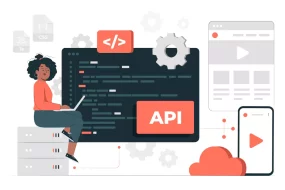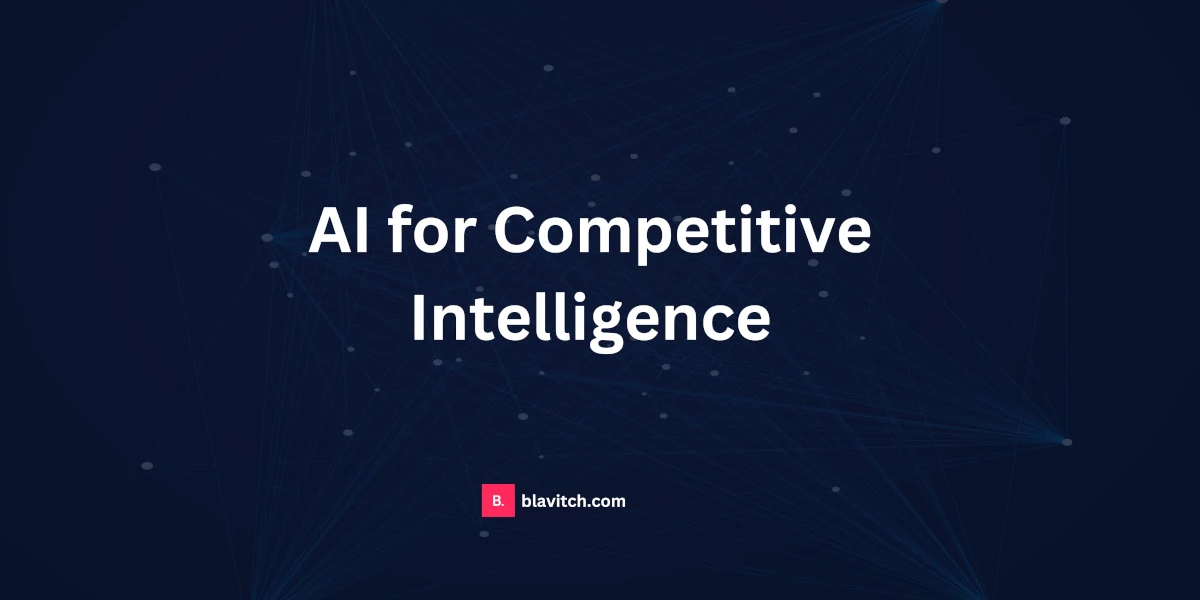- Home
- Technology
- The Recent Development in AI

Artificial Intelligence (AI) has experienced remarkable advancements in recent years, revolutionizing various industries and transforming the way we live and work. This rapidly evolving field has witnessed groundbreaking innovations that have captivated researchers, professionals, and the general public alike. In this article, we explore the exciting developments in AI and their implications for our society.
Advances in Machine Learning
Machine learning, a subset of AI, has made significant progress, thanks to breakthroughs in deep learning algorithms. These algorithms enable computers to learn from vast amounts of data, allowing for more accurate predictions and decision-making. Researchers have developed state-of-the-art neural networks capable of complex tasks, such as image recognition, natural language processing, and even self-driving cars.
Reinforcement Learning and Robotics
One area where AI has shown tremendous potential is in reinforcement learning and robotics. Scientists have developed intelligent systems that learn from trial and error, improving their performance through interactions with their environment. This has led to advancements in autonomous robots capable of navigating unfamiliar terrains, performing delicate surgical procedures, and assisting in various industrial processes.
Natural Language Processing
Natural language processing (NLP) has witnessed significant advancements, enabling computers to understand and interact with human language more effectively. AI-powered virtual assistants, chatbots, and language translation systems have become increasingly sophisticated, offering enhanced communication and assistance across multiple domains.
Computer Vision
Computer vision has experienced remarkable progress, with AI algorithms becoming proficient at understanding and interpreting visual data. Cutting-edge technologies now enable machines to accurately identify objects, detect patterns, and analyze complex visual scenes. This has broad applications in fields such as autonomous vehicles, surveillance systems, and medical imaging.
AI in Healthcare
The healthcare industry has embraced AI, leading to numerous breakthroughs. AI systems can now analyze medical images, aiding in early disease detection and diagnosis. Additionally, AI algorithms can predict patient outcomes, assist in drug discovery, and provide personalized treatment recommendations. This fusion of AI and healthcare holds great promise for improving patient care and optimizing medical processes.
Ethical Considerations
With the rapid advancement of AI, ethical considerations have come to the forefront. Discussions surrounding bias in AI algorithms, privacy concerns, and the impact of automation on the workforce have gained prominence. Researchers and policymakers are actively addressing these issues, emphasizing the need for transparency, accountability, and responsible development and deployment of AI technologies.
AI in Business
Businesses across industries are leveraging AI to gain a competitive edge. AI-powered analytics and predictive models enable organizations to extract valuable insights from vast amounts of data, optimize processes, and make data-driven decisions. Furthermore, AI chatbots and virtual assistants enhance customer service, offering personalized experiences and improving overall efficiency.
Conclusion
The recent developments in AI have propelled the field to new heights, unlocking a world of possibilities across various sectors. From machine learning advancements to robotics, natural language processing, computer vision, and healthcare applications, AI is reshaping our future. However, as AI continues to evolve, it is crucial to navigate its ethical implications and ensure responsible deployment to harness its full potential for the betterment of society. With ongoing research and collaboration, AI will undoubtedly continue to revolutionize our world in unimaginable ways.






